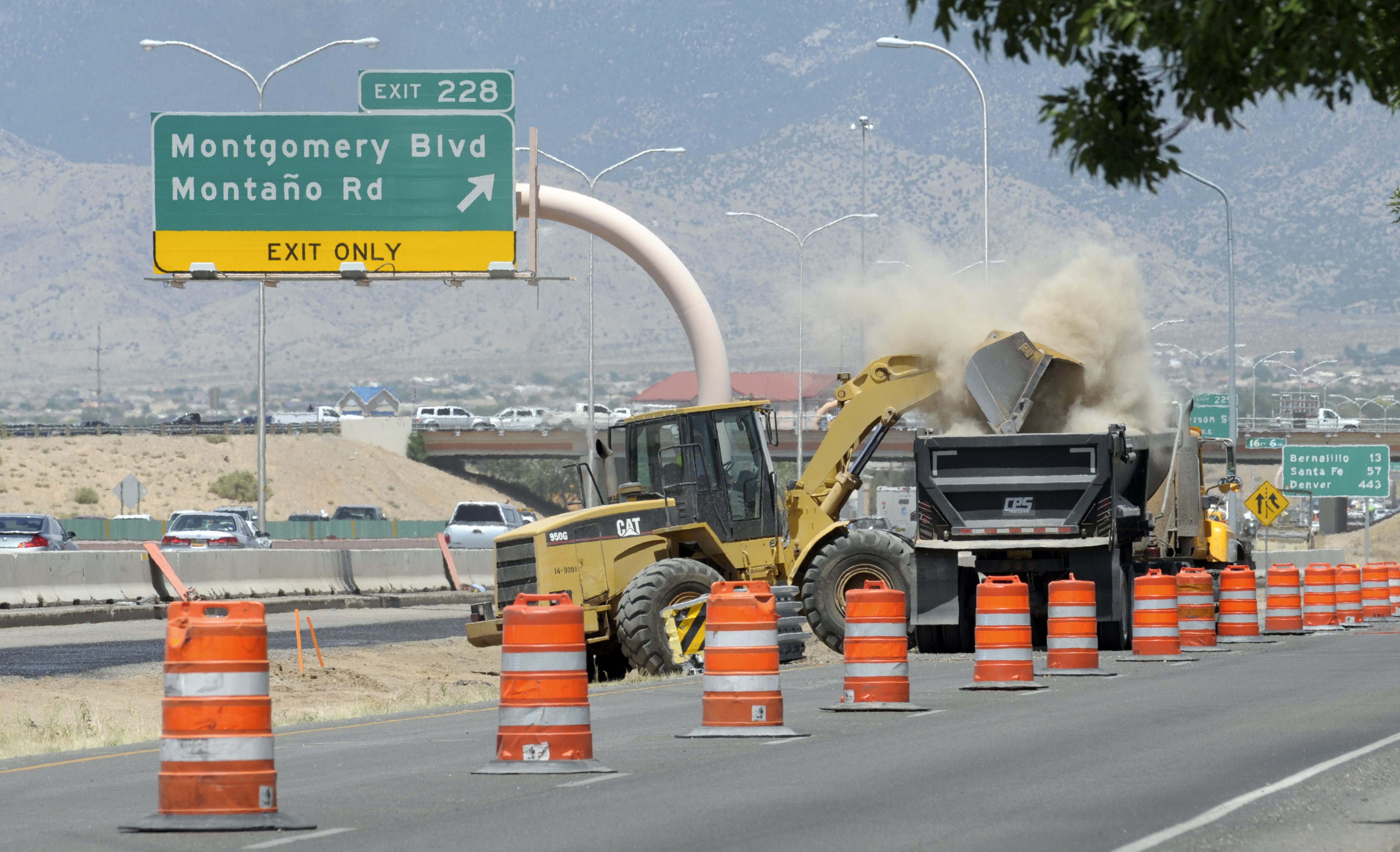
December 14, 2016
By Chris Rochester
MacIver Institute Communications Director
The following column originally appeared in the La Crosse Tribune:
Politicians and special interests have lined up to raise Wisconsin’s gas tax, a contentious issue that the recent election did not resolve. But the simplistic solution of a gas tax hike overlooks the complexity of the transportation funding issue and the buffet of alternative options available to legislators who are willing to be creative.
While Wisconsin’s “other season,” construction season, is quickly coming to an end, you still can’t drive more than a few miles in the state without finding a sea of orange construction barrels. There’s also the endless struggle over the contentious north-south corridor, which could put a four-lane highway through the La Crosse River Marsh.
Let’s acknowledge that there’s plenty of work to do as our region grows and demands on our infrastructure increase. Let’s also acknowledge that a gas tax won’t solve the problem. A breathtaking 28-cent-per-gallon hike — a 91 percent increase — would be needed to fully fund all of Wisconsin’s transportation priorities, according to a recent memo by the nonpartisan Legislative Fiscal Bureau.
By contrast, the state Department of Transportation’s 2017-2019 budget proposal does not raise the gas tax or registration fees at all. Instead, it redirects more funding to local governments, who will get the largest funding boost from the state that they’ve seen in 15 years. This proposal will help local governments carry out needed maintenance.
The DOT proposal would increase general transportation aid by $65 million, an increase of 8 percent for counties and 4.7 percent for municipalities over the last budget. That’s $14 million more for local roads and $5 million more for local bridges — the largest increase since 1998. It also boosts the highway maintenance fund to $1.7 billion, the largest that fund has ever been.
This shift to local projects is welcome news, but it should be noted that the state has never funded the lion’s share of local road maintenance. This puts La Crosse County in a bind because the county has been putting road repairs “on the credit card,” as Rep. Steve Doyle likes to quip when criticizing transportation bonding by the state. The county takes in plenty of tax revenue, but it has chosen not to invest the money in roads.
Though he’s wrong on his tax-first position, Doyle is right about something: we still need a long-term solution to funding transportation into the future.
There are many options at legislators’ disposal. While the prevailing wage law was repealed for local projects, a full repeal of the outdated law that inflates the cost of projects would save taxpayers untold millions on state-funded projects. West Virginia saved $22 million in just three months after eliminating its prevailing wage law.
Lawmakers could also shore up the transportation fund by putting sales taxes paid on cars and other transportation-related purchases directly into the transportation fund. Thankfully, the fund is now protected from being used for general purpose spending after Gov. Jim Doyle raided it to the tune of $1.4 billion to plug holes in his final budget.
Lawmakers could also repeal the state’s antiquated Unfair Sales Act, also called the minimum markup law, which mandates a 9.18 percent markup on the prices we all pay at the pump. While increasing the gas tax should be a last resort, repealing the minimum markup law and adding a smaller gas tax increase would be a net decrease in the price at the pump and a win for cash-strapped Wisconsinites.
In addition, lawmakers should consider a surcharge for electric and hybrid cars, which contribute significantly less toward road maintenance since they don’t use as much gasoline.
Lawmakers must also be willing to wring every bit of savings out of the DOT, including cutting down on unnecessary projects like four-lane bypasses in the middle of nowhere, roundabouts where they don’t improve safety, lavish decorations on overpasses and bridges, and rooting out other wasteful spending.
Also, as if the DOT is flush with cash, the department keeps dangling $140 million over La Crosse for a new north-south corridor. Though voters overwhelmingly rejected a marsh road 18 years ago, the department seems determined to spend the money anyway.
There’s no special “north-south corridor” account in the DOT budget — the money isn’t really there. The fact that the department persists despite its budget challenges speaks volumes about its spending priorities.
A historically large Republican caucus will vote next year on a transportation package. Let’s hope the newly elected Legislature can put aside old arguments and muster the creativity to find the right solution for their constituents, not just the easiest solution.
Read the original column here.